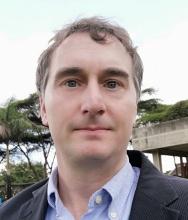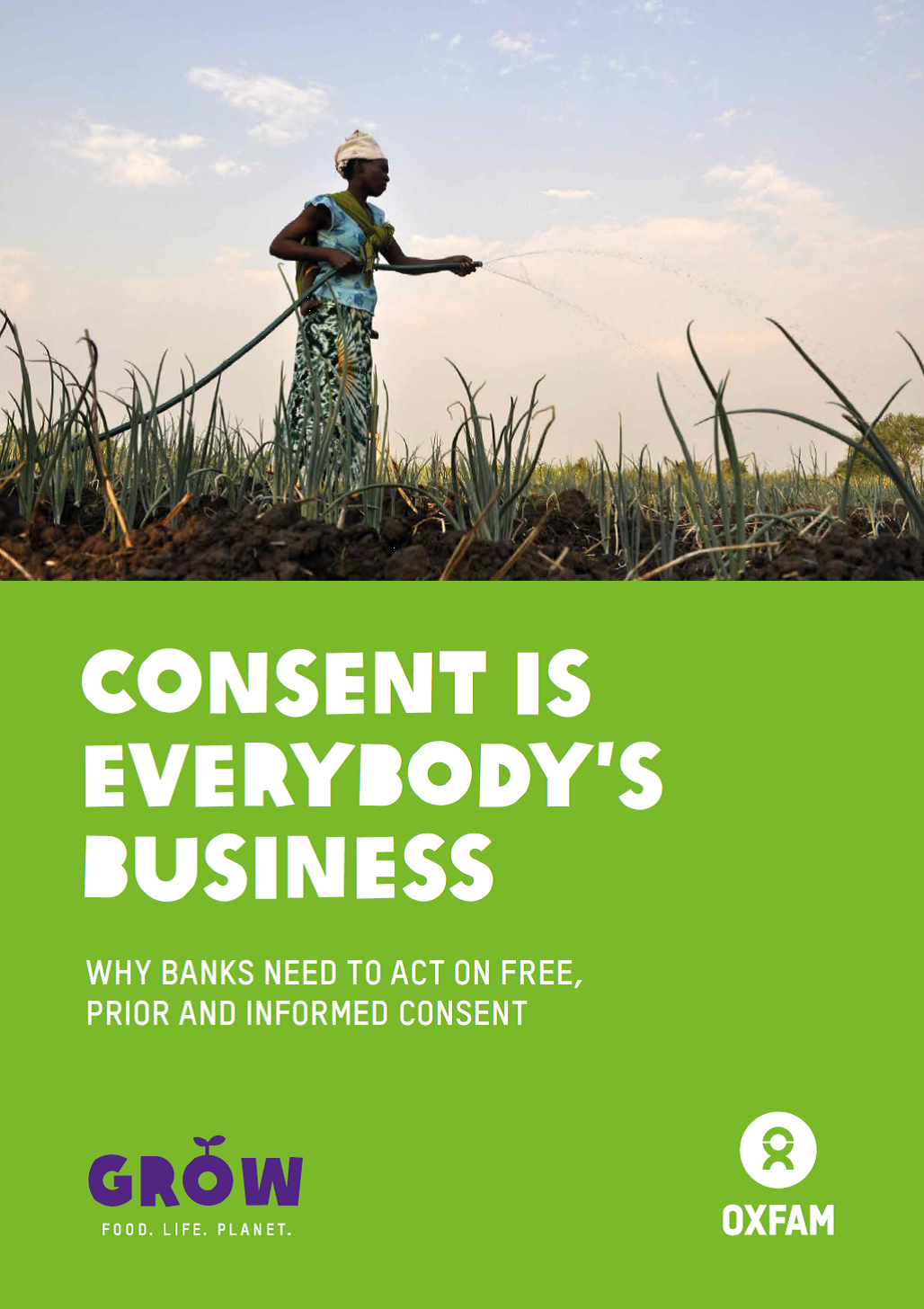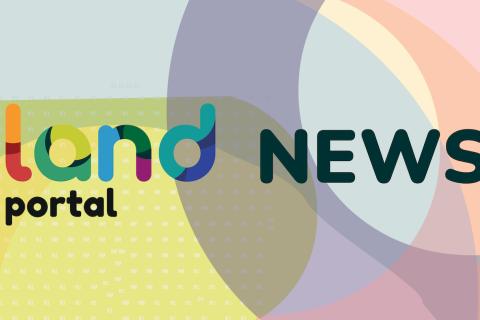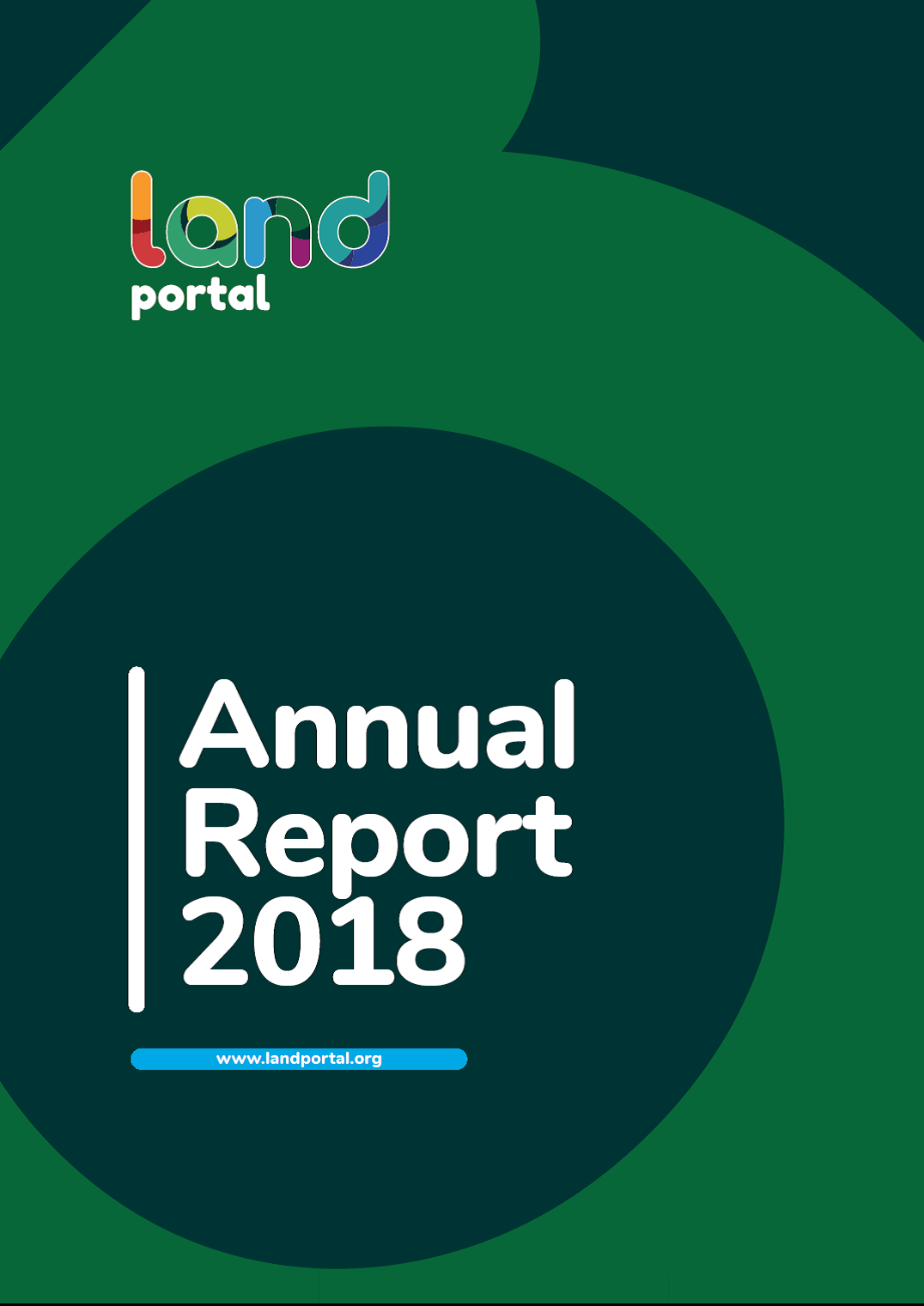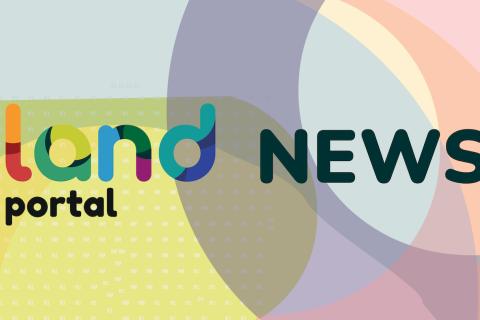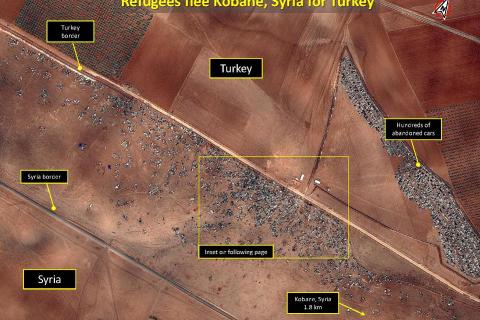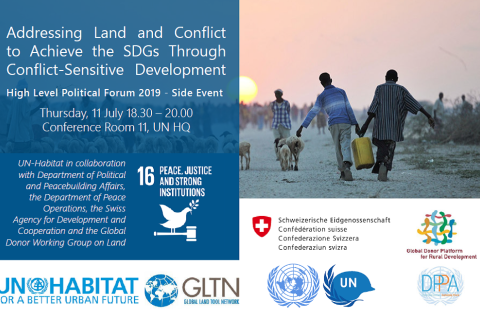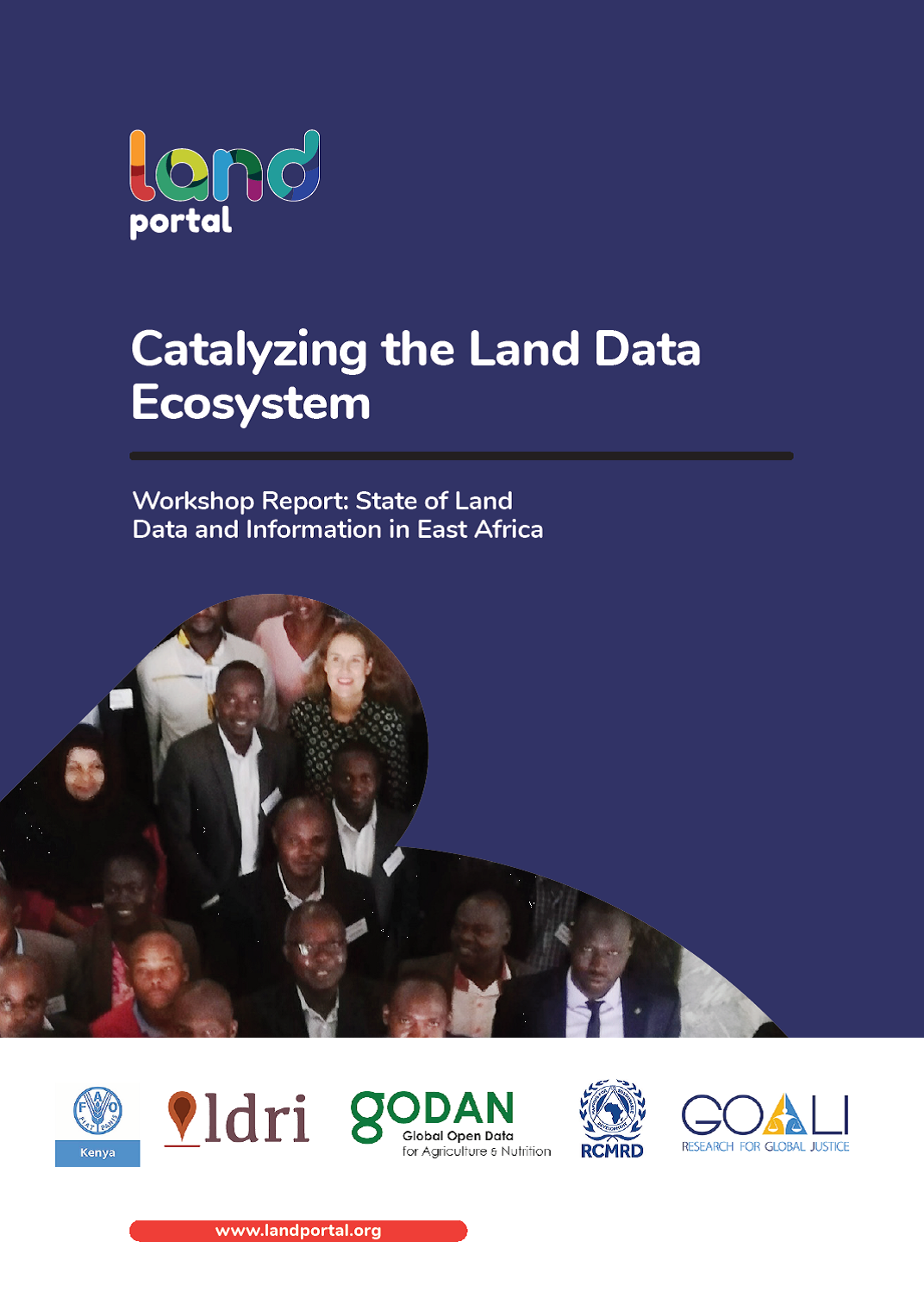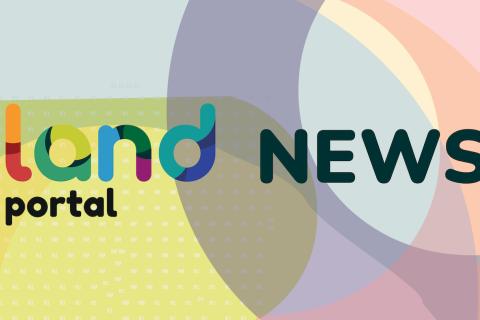Neil Sorensen joined the Land Portal as its Communications Specialist in October 2015. He has extensive experience leading communications for international organizations and developing relationships with civil society, donors, intergovernmental agencies, the media and the private sector. Previously, Neil worked for the International Fund for Agriculture Development (IFAD) as a Governing Bodies Officer and Strategic Adviser to the Secretary of IFAD. He has also led communications for three international organizations, including the International Land Coalition, the International Federation of Agricultural Producers (IFAP) and the International Federation of Organic Agriculture Movements (IFOAM). He holds a Master’s degree in Global Diplomacy from the University of London School of Oriental and African Studies (SOAS) as well as a Bachelor’s degree with a double major in German and Sociology from St. Cloud State University.
Details
Location
Contributions
Displaying 611 - 620 of 1145Consent is Everybody's Business: Why banks need to act on free, prior and informed consent
A community’s choice to give, or withhold, their free, prior and informed consent (FPIC) to a project or activity planned to take place on their land is a recognized right of Indigenous peoples under international law. It is also a best practice principle that applies to all communities affected by projects or activities on the land, water and forests that they rely on.
Competition: How can data and AI tools become more relevant to solving local social challenges?
Drone data has allowed us to find solutions for a wide range of social challenges, like humanitarian aid, resource conservation, resilient urban planning and many more. But as the field has expanded, three pressing issues have emerged:
- how to produce impactful analysis in a rapid manner;
- how to then bring back results to beneficiaries to turn data into action; and
- how to make ethics a main concern in each step of the process.
Annual Report 2018
We’re pleased to share the Land Portal Foundation's 2018 Annual Report. The report demonstrates how we are working to create a vibrant information ecosystem on land that contributes to better informed decisions and policy making on land throughout the world. This report showcases our efforts improve documentation, mapping and monitoring of land governance issues, to promote, inform and enrich global debate on key land issues and to raise awareness on open data principles to strengthen the flow of land governance information at all levels.
Invitation to submit to a special issue publication on “LAND, WOMEN, YOUTHS, AND LAND TOOLS OR METHODS”
Developing the tools or methods for securing land rights for all, especially for the youth and women, is a primary objective of responsible land management and land administration. Understanding the challenges women and youths face (and possible ways of resolving these challenges) in their quest to access, use and secure land resources, is vital for knowledge building for achieving tenure security for all. However, a broad knowledge gap exists on the land–women–youth–policy nexus of land management study and practice.
From Apps On Your Phone To Satellites In The Sky, A New Program Looks Into The Ethics Of Mapping
Knowing the "where" is important for so many companies and projects today. A business might want to know what path you take to work to send you targeted ads about coffee shops you pass. Augmented reality platforms might map out interior spaces of your home and offices to create a dancing critter in your living room. Self driving cars need to map their environment, and satellites map out the Earth below.
Addressing Land and Conflict to Achieve the SDGs Through Conflict-Sensitive Development
High Level Political Forum 2019 - Side Event
Thursday, 11 July 18.30 – 20.00
Conference Room 11, UN HQ
UN-Habitat in collaborationwith Department of Political and Peacebuilding Affairs,
the Department of Peace Operations, the Swiss Agency for Development and Cooperation and the Global Donor Working Group on Land
Catalyzing the Land Data Ecosystem
There is no doubt that the Global Data Revolution has reached the land sector. Government data portals, open access academic journals, community mapping initiatives and other citizen-generated data - there is a palpable positive drive across the world that allows processes such as data collection to be more inclusive and open. But within this data momentum, there are still many barriers and questions: Who can access the data, and how? What data is reliable? Who owns the data? What data is up to date? Can I use the data without inflicting harm?

